The Federal Government has refuted claims that it has once again reintroduced the petrol subsidy regime, noting that the pockets of queues observed in petrol stations nationwide was due to hiccups in distribution from the country’s south to the north, not a lack of supply.
The clarification from the government followed claims by oil marketers, a section of the organized labour and some experts that the government had restored subsidy on petrol, contrary to the earlier announcement by President Bola Tinubu that subsidy is gone.
This was disclosed on Tuesday by the Group Chief Executive Officer of the Nigerian National Petroleum Company (NNPC) Limited, Mele Kyari, while responding to questions from State House correspondents after a meeting with President Tinubu at the Presidential Villa Abuja, where he said there is no fuel subsidy at all.
We recover our full cost
- Kyari said, “I told you there’s no subsidy whatsoever, we are recovering our full cost from the products that we import. We sell to the market, we understand why the marketers are unable to import. We hope that they do this very quickly and these are some of the interventions the government is doing. There is no subsidy.”
Reason for minor queues
Speaking on the gradual return of fuel queues in some parts of the country, the NNPC boss said,
- “We have seen in very few states pockets of very low queues not unconnected with the road situation.
- “We’re seeing the number of blockades on our road crossing products from the southern depots into the northern part of the country and it takes them much longer than they do now.
- “They have to reroute the trucks around many locations for them to be able to reach, creating delays and some supply gaps. But that has been filled and we do not see such problems again.”
While arguing that supply remains robust, Kyari explained that the full deregulation of the downstream sector has created market competition, adding that this phenomenon has led to minuscule price variations across gas stations, with consumers naturally patronising marketers with a lesser pump price.
- He added, “You must have noticed some fuel stations will reduce prices by two Naira and three Naira, so customers will naturally run to the places where you have that price reduction.
- “That creates panic because those who don’t know why they are doing it will think that something wrong is happening.
- “Supply is robust. We have over 1.4 billion litres of product, both marine and land. Also, there are no issues around delivering those products onto the land. So, there is no fear, nothing to bother about.’’
Fuel still likely subsidized – PENGASSAN
Meanwhile, in an earlier interview with Channels Television some days ago, the National President of the Petroleum and Natural Gas Senior Staff Association (PENGASSAN), Festus Osifo, said the government still subsidised petrol due to the cost of crude oil in the international market and the exchange rate.
- He said, “They [government] are paying subsidies today. In reality, today, there is subsidy because, as of when the earlier price was determined, the price of crude in the international market was around $80 for a barrel.
- ”But today, it has moved to about $93/94 per barrel for Brent crude. So, because it has moved, the price [of petroleum] also needed to move.
- “The only reason the price will not move is when you can manage your exchange rate effectively and you are able to pump in supply and bring down the exchange rate.
- “So, if the exchange rate comes down today, we will not be paying a subsidy. But with the exchange rate value and the price of crude oil in the international market, we have introduced subsidy.’’








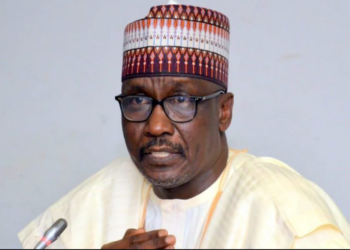
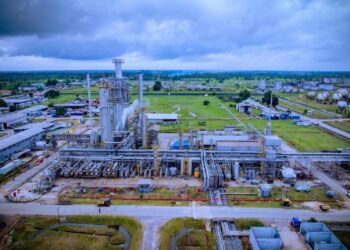
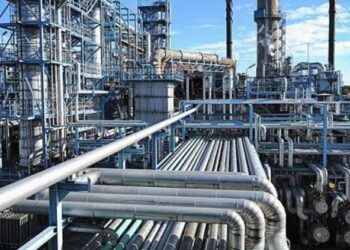

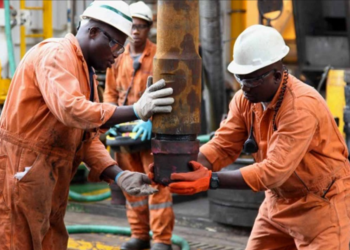
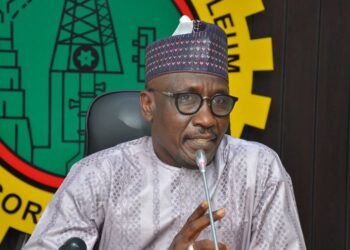










It is amazing that people will want the government to return to subsidy. It is all about trying to discredit the government. It is a shame. Subsidy never again
Marketers ran the propaganda game of subsidy returning for their own selfish reasons
Mele Kyari should quit trying to be clever by half…
It may not be officially called “subsidy” but we are aware of the international price of PMS (which is presently higher than that of diesel), and since PMS continues to be imported someone along the line must be picking up some of its costs. Otherwise, if the price is market-determined, given the present exchange rate of the Naira, price of PMS would be higher than it presently is (at the very least, higher than the price of diesel) if the entire cost of import and distribution is passed on to consumers.